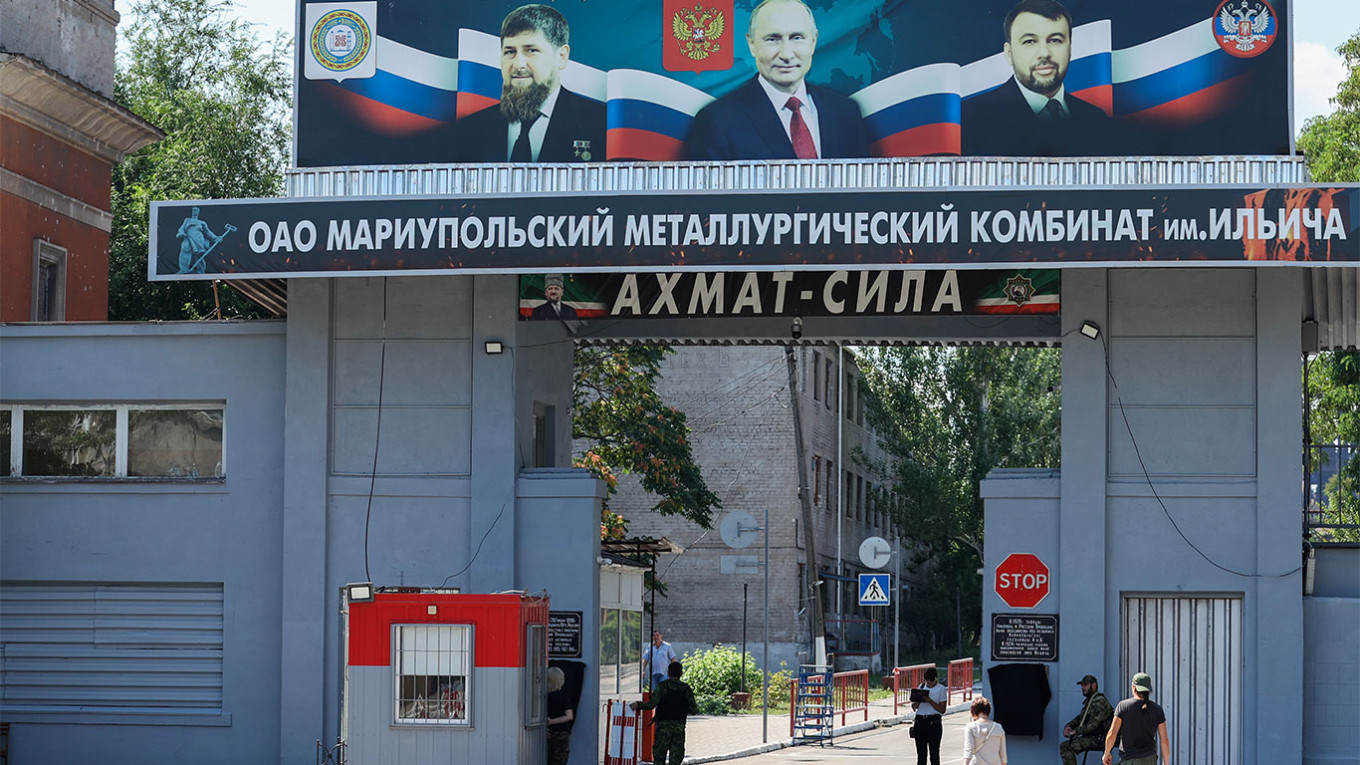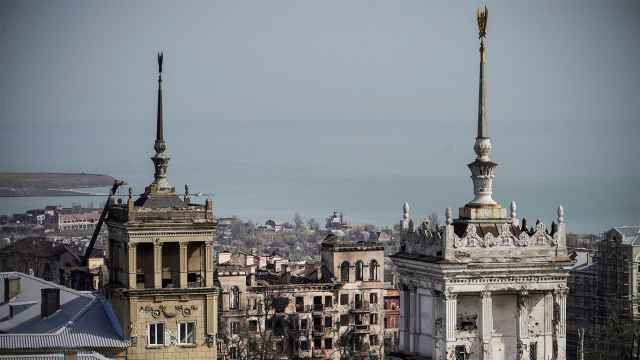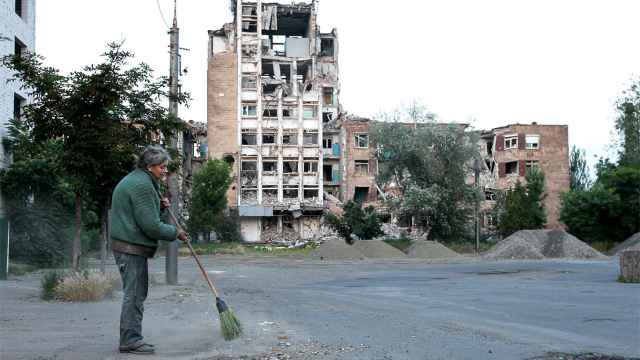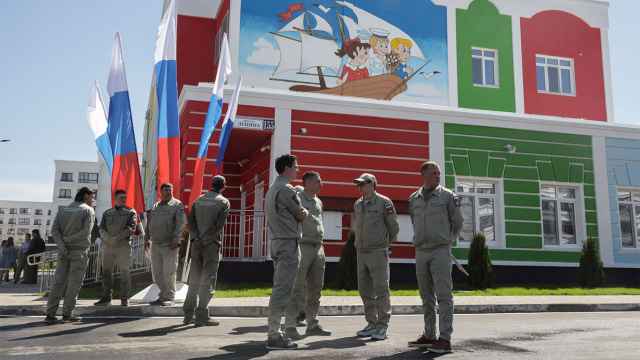Grozny, the capital of Russia’s majority-muslim republic of Chechnya, has established sister city ties with the occupied southern Ukrainian city of Mariupol, over a year after it was devastated by invading Russian forces.
“Grozny Mayor Khas-Magomed Kadyrov and head of Mariupol’s [Russian-installed] administration Oleg Morgun signed an agreement establishing twin city relations between the cities,” Grozny mayor’s office said Tuesday.
The agreement envisions bilateral contacts in education, healthcare, culture, sports, social welfare and “delegation exchanges to study the best municipal practices.”
Like Mariupol, the Chechen capital was also once subject to a destructive assault by Russian troops, a parallel users on social media were quick to point out following Tuesday's announcement.
Moscow fought two wars with Chechen separatists in the 1990s and 2000s, the latter of which resulted in Chechnya’s reincorporation as a Russian region.
Russian troops laid siege to Grozny during the second campaign from December 1999 to February 2000. The United Nations said the destruction its team had witnessed in Grozny “outweighed anything they had seen in other” war-torn cities.
Khas-Magomed Kadyrov is the third cousin of Chechen leader Ramzan Kadyrov, who has appointed several of his relatives to key positions in public office.
A 2018 analysis by the BBC’s Russian-language service found that nearly one in three Chechen officials were Kadyrov’s relatives while one in five were his fellow villagers and one out of 10 his friends.
Prior to Grozny, St. Petersburg established sister city relations with Mariupol shortly after Russian forces drove out the last Ukrainian defenders from the city in May 2022.
A Message from The Moscow Times:
Dear readers,
We are facing unprecedented challenges. Russia's Prosecutor General's Office has designated The Moscow Times as an "undesirable" organization, criminalizing our work and putting our staff at risk of prosecution. This follows our earlier unjust labeling as a "foreign agent."
These actions are direct attempts to silence independent journalism in Russia. The authorities claim our work "discredits the decisions of the Russian leadership." We see things differently: we strive to provide accurate, unbiased reporting on Russia.
We, the journalists of The Moscow Times, refuse to be silenced. But to continue our work, we need your help.
Your support, no matter how small, makes a world of difference. If you can, please support us monthly starting from just $2. It's quick to set up, and every contribution makes a significant impact.
By supporting The Moscow Times, you're defending open, independent journalism in the face of repression. Thank you for standing with us.
Remind me later.






